The United Nations passed a resolution to observe October 29 every year as International Day of Care and Support with an aim to create a care and support system for all the care workers -paid or unpaid. The system would ensure full respect for human rights under a robust and resilient structure which is gender responsive, age sensitive and disability inclusive. It stresses upon redistributing, reducing, valuing and most importantly recognizing the unpaid care and domestic work and support. It emphasizes upon valuing the paid care workers as essential workers reducing occupation segregation, gender stereotypes and facilitating the transition from informal to formal work and ensuring decent working conditions also with respect to wages and benefits. Around 380 million people work in the care sector. With urbanization, migration, nuclear family structure and more women in the workforce, there exists a shortage of care workers due to poor wages and working conditions. The chances of a potential care crisis are very high.
Globally, 16 billion hours are devoted to unpaid care and domestic work.
There is a need for investment in the care economy, raising awareness of care work and its contribution to gender equality. A study by ILO emphasizes more investment in the care economy, especially childcare services due to more women in jobs. The Aging population also calls for more demand for care workers. This investment could yield 3-to-1 ROI in terms of GDP, along with reducing the global gender pay gap and pushing more women into paid employment. It is also estimated that 70-90% of jobs in the care workforce would be taken up by women thereby making a significant contribution to numerous goals under various SDGs.
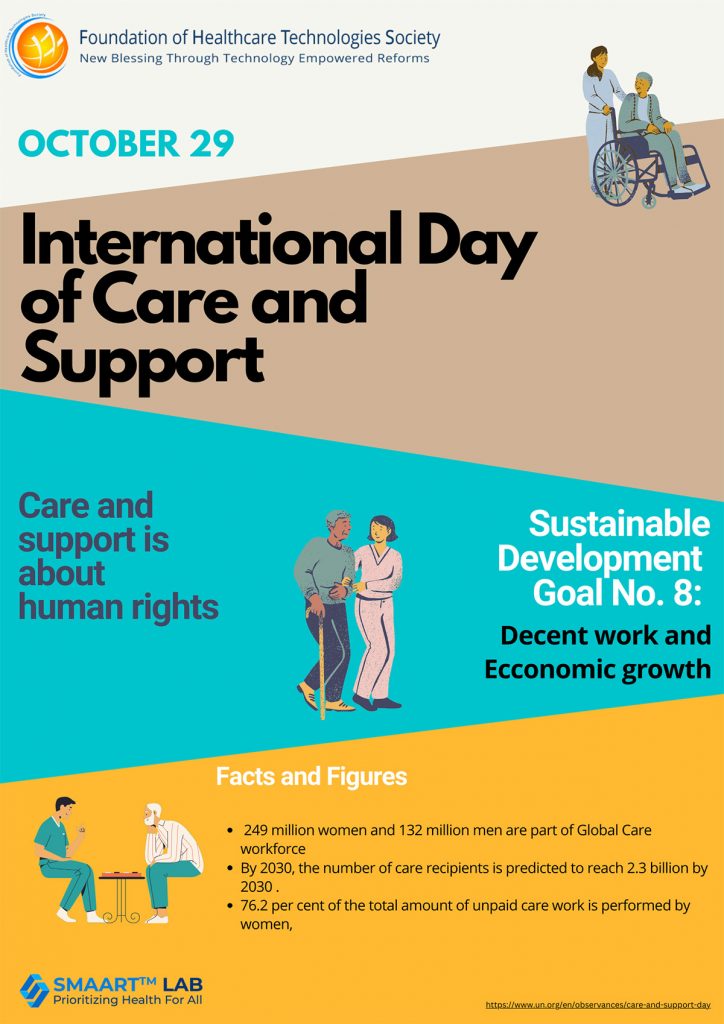

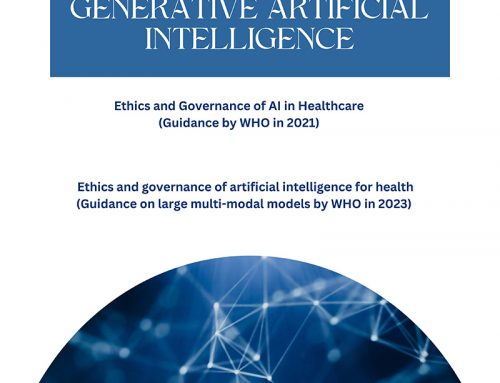
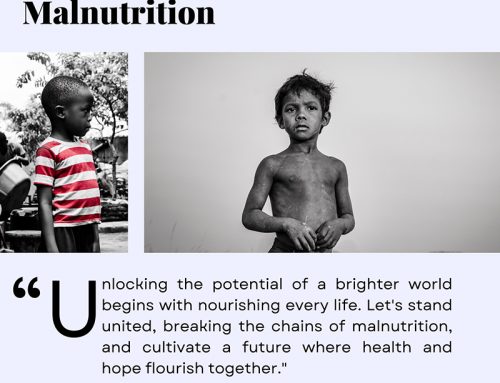
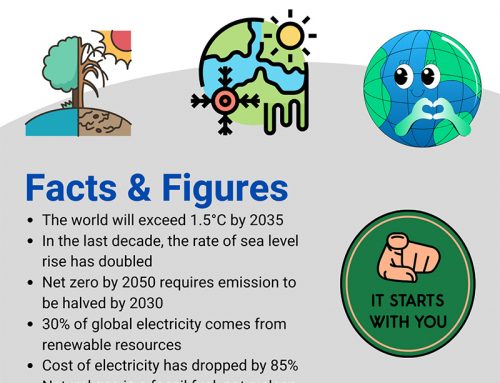
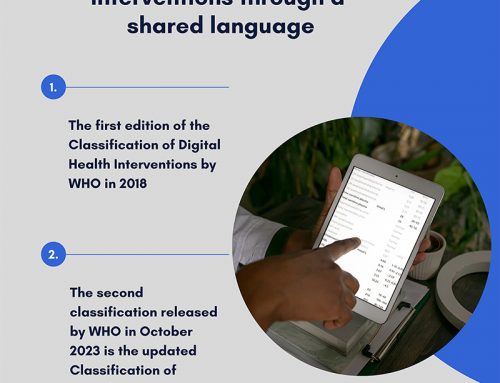
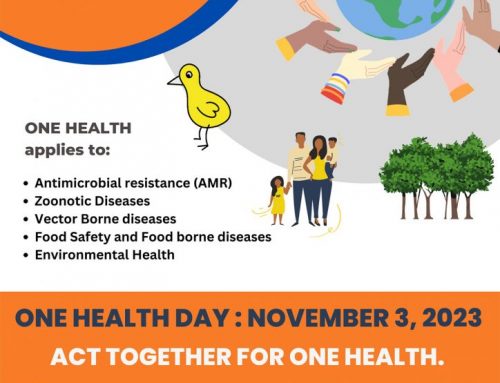
Leave A Comment